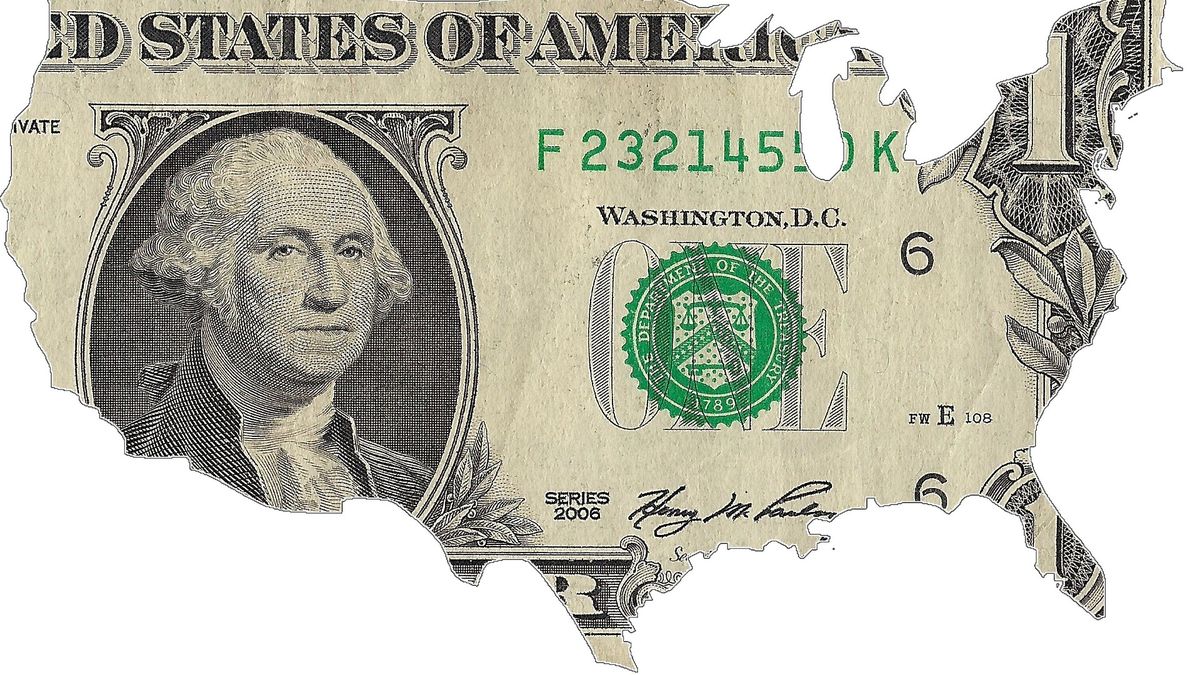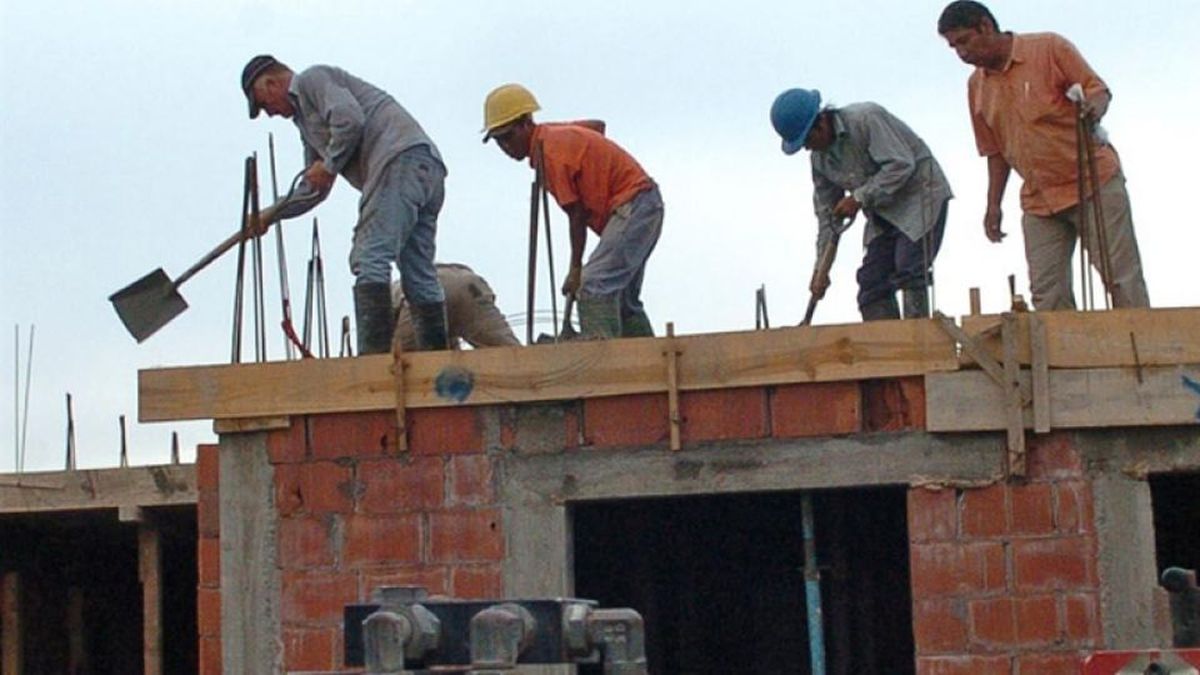Due to the fragility of the Argentine economy, a priori, one might think that the geopolitical conflict would generate a strong additional blow and cause turbulence of the US currency in the local market. But given such a vertiginous situation in world markets, there does not seem to be a consensus on the subject.
This week, the eyes of the local market seem to be towards the agreement with the International Monetary Fund (IMF), which is much closer to closing and could be announced this week. But the great debate so far seems to be how Argentina will be able to meet the goals of the International Monetary Fund (IMF) in the face of a need to accumulate reserves in a war context. It seems difficult, and it is.
for the economist Frederick Glustein consulted by Ambita change in the local currency market can be expected but “everything will depend on how capital moves and how much the conflict escalates.”
“If the conflict continues, we can have some kind of positivity because raw materials are rising and Argentina as a producer can have some differential,” added Glustein. However, other economists point out that Argentina is also going through a difficult situation regarding agricultural products that can be exported. One case is that of soybeans, which according to estimates by the Rosario Stock Exchange, one of the main agricultural products, will have the lowest planting in the last 14 years. High international prices can compensate for this situation.
For Natalia Motil, economist at the Fundación Libertad y Progreso, the impact on the local market will be greater than expected: “With reserves of rapid availability in negative US$3 billion, a lack of basic structural reforms, a deficit that increased in January and a very sensitive foreign exchange market; any exogenous shock can destabilize local markets”.
“Geopolitical tensions like what is happening with Russia-Ukraine can deeply affect one of the most vulnerable countries in the region if the conflict escalates. Beyond the fact that in the short term we can benefit from higher prices for the basic products that we sell abroad; the flip side of the tension would hurt more,” he added.
“One of the pillars of the agreement with the IMF was to increase the reserves and finance the deficit with capital from international organizations and strategic partners such as Russia and China. In a delicate geopolitical context, those capitals that we had for 2022 would not be there. In times of growing uncertainties, capital flees to safer ports and countries with a more solid macro consistency than ours”. What economists call “Flight to quality” by global investors.
An example to emphasize this scenario is the one mentioned by Federico Glustein: “Argentina exports US$700 million to Russia every year, and it is not a high enough amount, but it may suffer if the conflict continues.”
Motyl anticipates the worst scenario for Argentina in the event that it cannot count on sufficient dollars to meet its commitments due to the restriction of financing alternatives: “we could project a dollar above $300 in a short time and a strong acceleration of inflation that would reach 70% by the end of the year”.
Glustein does not seem to agree with this assessment: “the changes in prices are going to happen more waiting for some type of local context than the international context”.
Apparently, the only coincidence so far among most analysts is that nothing seems easy for the Argentine economy.
Source: Ambito
David William is a talented author who has made a name for himself in the world of writing. He is a professional author who writes on a wide range of topics, from general interest to opinion news. David is currently working as a writer at 24 hours worlds where he brings his unique perspective and in-depth research to his articles, making them both informative and engaging.




